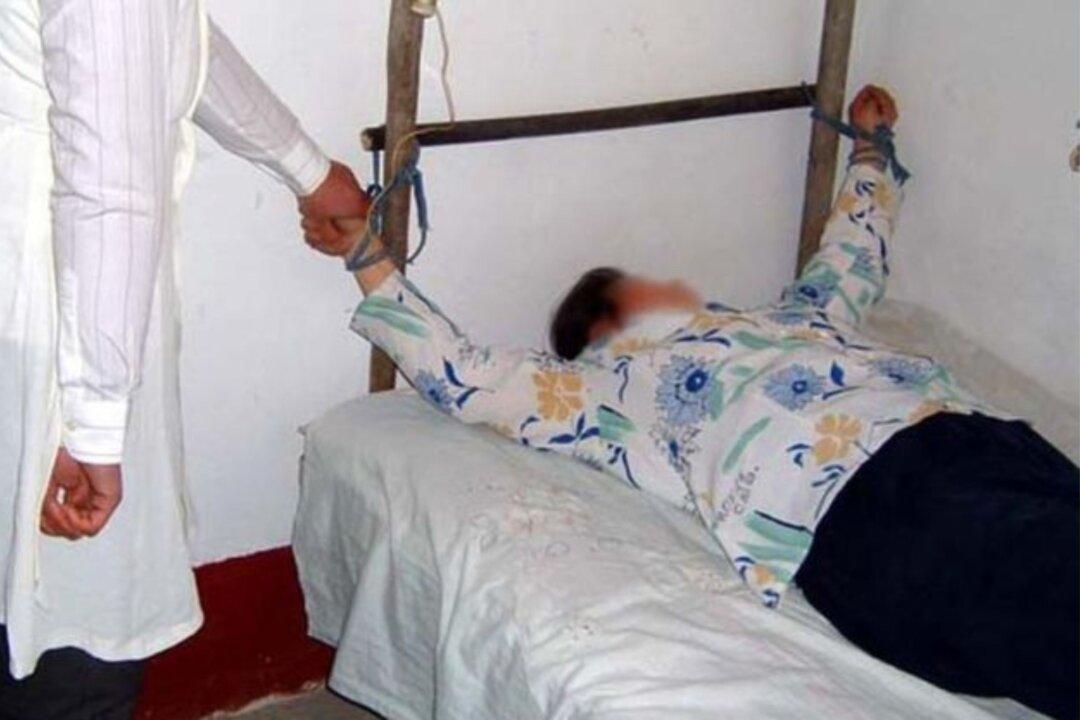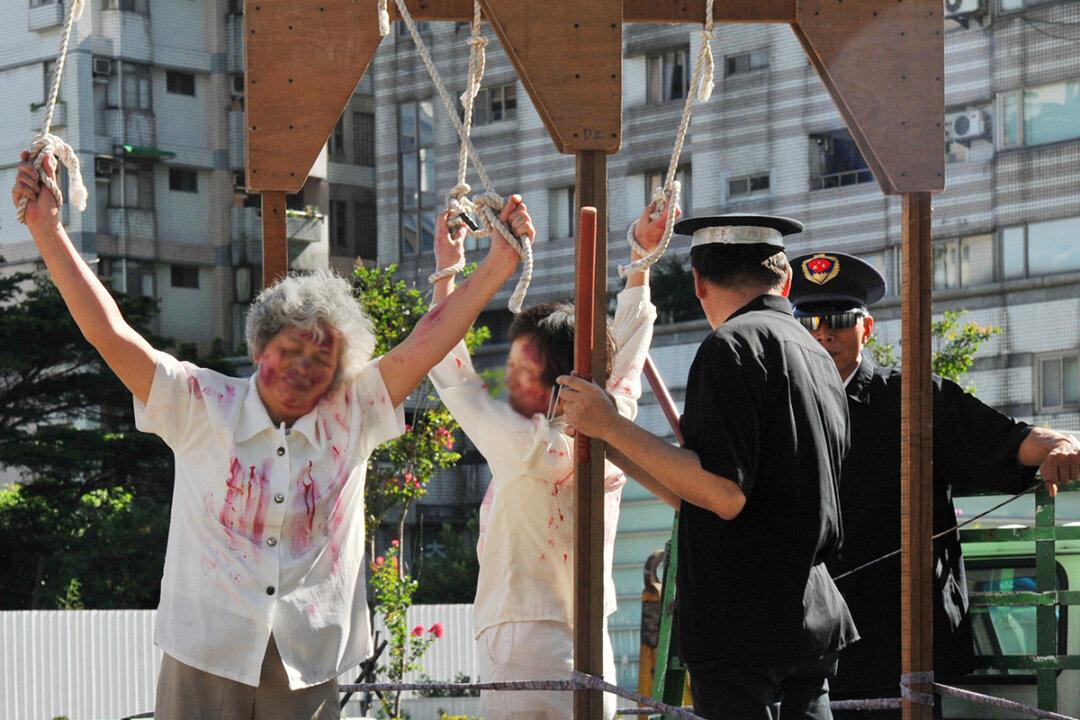For decades, the Chinese Communist Party (CCP) has been known for suppressing freedom of expression and obstructing foreign journalists from reporting on sensitive issues, such as human rights violations, in the country. Reporters Without Borders ranked China 177th out of 180 countries in its 2019 World Press Freedom Index.
In circumstances such as these, how do reporters avoid being monitored or surveyed by state agents? One journalist discovered a creative way—offering free rides in exchange for a conversation.





![‘Killing You Would Be the Same as Killing Ants’: Prisons Where Innocent Citizens Are Tortured [PHOTOS]](/_next/image?url=https%3A%2F%2Fimg.theepochtimes.com%2Fassets%2Fuploads%2F2023%2F12%2F09%2Fid5544114-Falun-DaFa-practitioner-1080x720.jpg&w=1200&q=75)